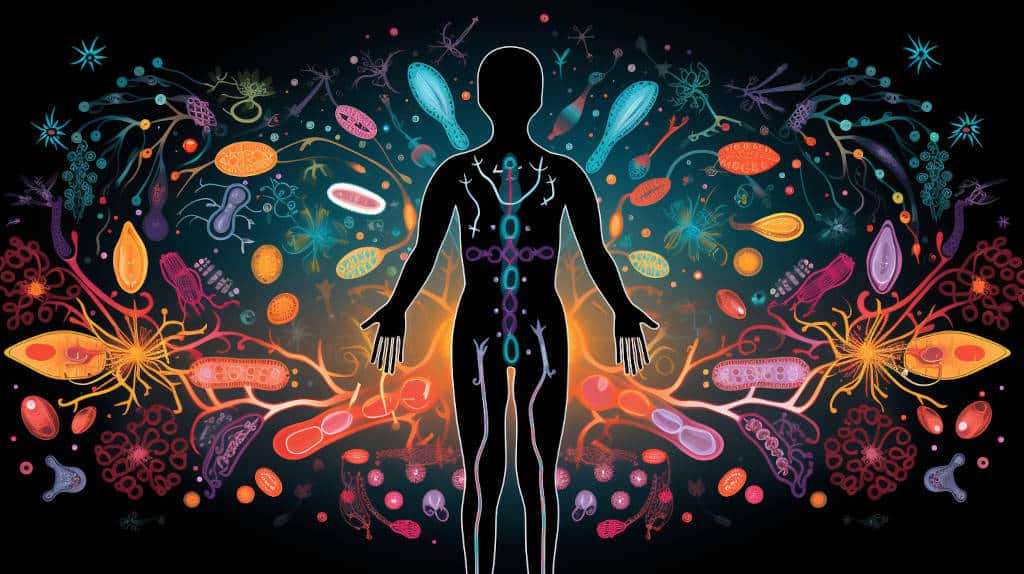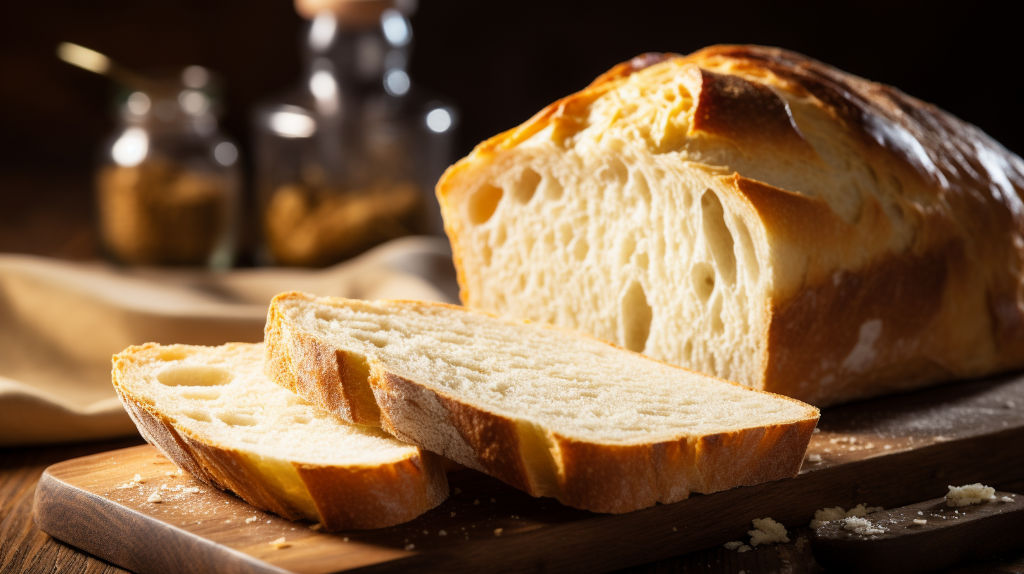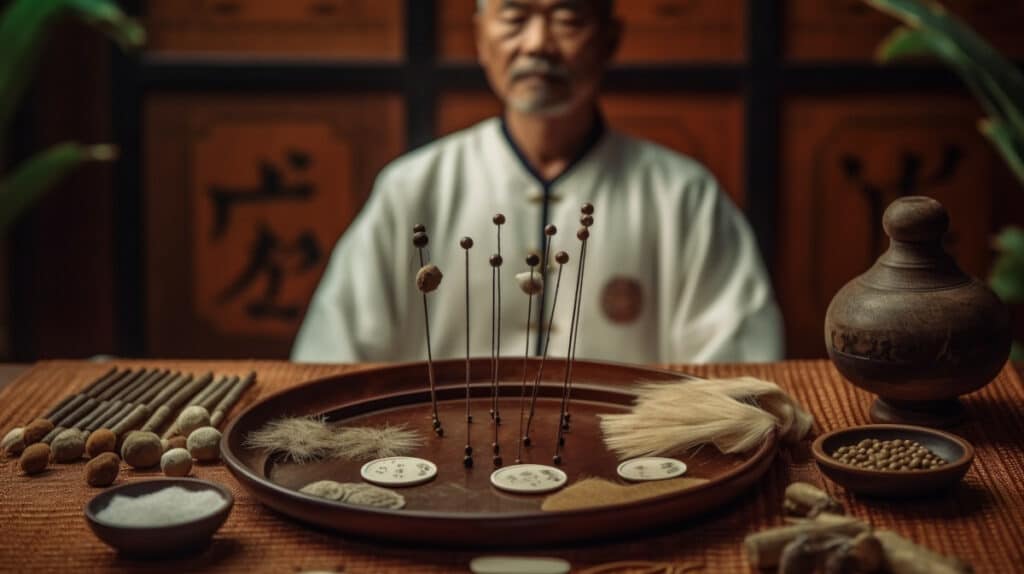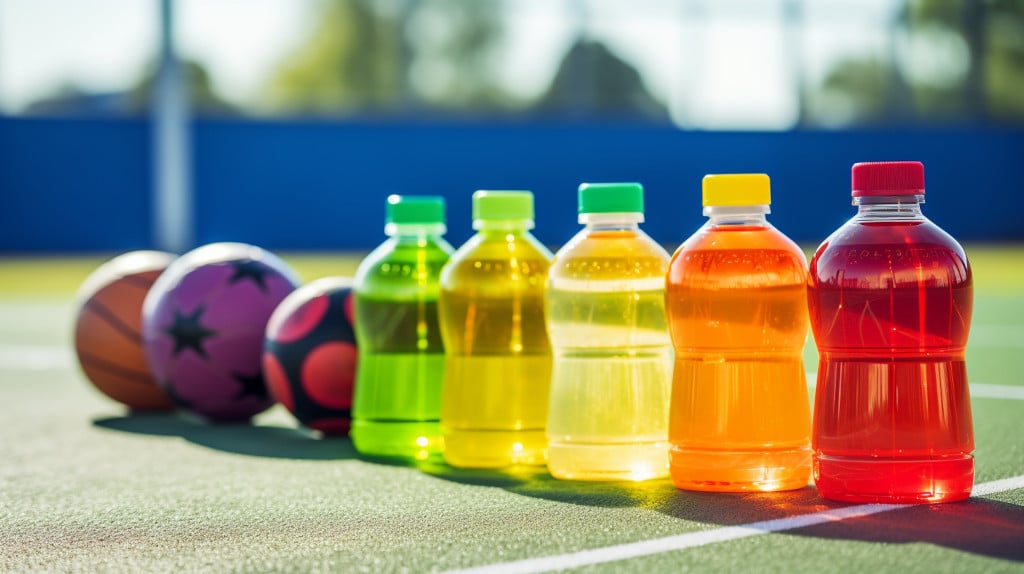Last Updated on July 7, 2024 by Max
Introduction
It has long been noticed geographical or national differences in prostate cancer susceptibility. These variations were mostly attributed to the specificity of the diet and culinary preferences of different cultures. And this, in turn, suggests that some foods or ingredients of food may have chemoprotective properties against cancer cells. Lycopene, selenium, vitamins C, D, E, and K, green tea, silymarin, pomegranate, and Resveratrol are well-known dietary components that attracted considerable attention from scientists in terms of their anticancer potential. Here I’ll focus on vitamin K2 and its varieties as the natural food components capable of stopping the development of prostate cancer or slowing down its progression.
- Introduction
- Chemical Structure, Dietary Recommendations, And Absorption of Vitamin K2
- How Much Vitamin K2 Is Required to Prevent Cardiovascular Disease?
- Vitamin K2 And Bone Health
- Can Vitamin K2 Be Used As a Potential Therapy For Prostate Cancer?
- Is It Safe to Take High Vitamin K2 Doses?
- Conclusion
- References
Chemical Structure, Dietary Recommendations, And Absorption of Vitamin K2
Vitamin K structurally exists in Phylloquinone (Vitamin K1) and Menaquinones (Vitamin K2), which determine their functional specificity. Most people associate vitamin K with a blood clotting factor, vitamin K1, and have never heard about vitamin K2. It’s vitamin K2 that has attracted the most intensive attention from both scientists and dietitians lately. For millions of people suffering from cardiovascular disease (CVD) and osteoporosis, it may prove the only natural life-saving food alternative.
The chemical structure of both forms of vitamin K includes a naphthoquinone ring and a side chain of isoprene residues. It is the length and the degree of saturation of the side chain which determines the differences between various forms of Vitamine K. Vitamine K1 is a compound with a side chain of four residues, three of which are saturated (fig. 1). Menaquinones include side chains of varying lengths between 4 and 13 residues, most of which are unsaturated. The short-chain MK-4 and the long-chain MK-7, MK-8, MK-9, and MK-10 are the most abundant menaquinones in the human diet.
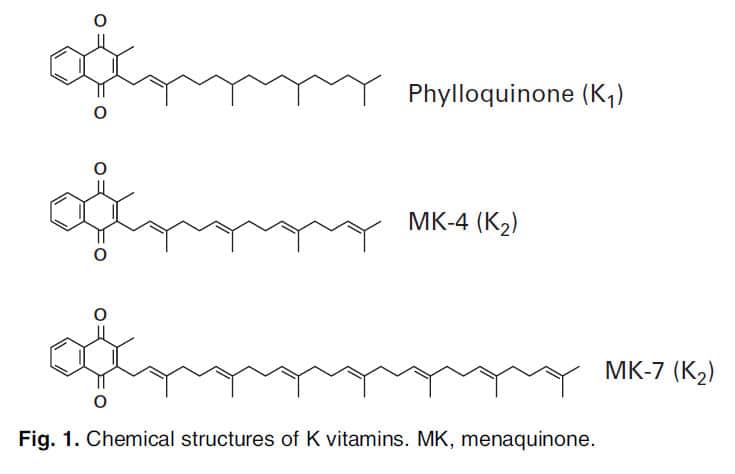
Dietary recommendations for vitamin K are developed only for phylloquinone and are in the range of 55-90 mg/d for adult women and 65–120 mg/d for adult men.
Green vegetables, such as spinach, broccoli, kale, and Brussels sprouts, are rich in vitamin K1.
Significant sources of vitamin K2 are fermented foods such as cheese, curd, sauerkraut, and natto (a traditional Japanese food composed of fermented soya beans). Natto is an excellent source of vitamin K2 and contains more than 100 times as many menaquinones as various kinds of cheese.
Fermentation is the process of converting sugars from food to alcohol or organic acids. This process runs without oxygen and requires some specific microorganisms—yeasts or bacteria. The human colon contains from 1.5 to 4 lbs of microbiota, and fermentation is a natural process for this environment. In particular, it’s in the intestinal system that a considerable amount of vitamin K1 is converted to vitamin K2.
The bioavailability of all forms of vitamin K is higher in fat-rich diets.
Absorption of vitamin K takes place in the small intestine, and this process requires bile salts. The role of the menaquinones produced by the gut microbiota via fermentation of some foods is unclear since no bile salts are available in the colon, where most microbial strains exist.
How Much Vitamin K2 Is Required to Prevent Cardiovascular Disease?
Investigating the physiological role of vitamin K2 in inhibiting prostate cancer, we cannot overlook its well-established functions in preventing cardiovascular disease and bone health. Both of these healing effects of vitamin K2 are due to its function of regulating calcium metabolism: vitamin K2 improves calcium deposition in bones. It prevents the calcification of soft tissues, kidneys, and blood vessels. Calcium accumulation in the arteries is the leading risk factor for CVD.
The standard function of all forms of vitamin K is that they serve as an active center for the enzyme g-glutamate carboxylase, which converts specific glutamate residues into g-carboxyglutamate, known as Gla. Gla-protein family includes 17 members, seven of which are involved in blood clotting. However, only for blood coagulation factors, osteocalcin (OC; bone formation), and matrix Gla protein (MGP; an inhibitor of soft tissue calcification), the physiological role is well established and studied.
MGP may inhibit coronary calcification thus preventing CVD or significantly reducing its risk.Studies show an inverse association between high vitamin K2 intake with reduced coronary calcification. More information can be found in these articles:
In the Rotterdam Study, the hardness of aortic calcification correlated linearly with the dietary deficit of menaquinones (25·6 mg/d and 28·8 mg/d in severe and moderate cases, respectively). People who consumed the largest amounts of vitamin K2 were 52% less prone to develop artery calcification and had a 57% lower risk of dying from heart disease.
In the second study, vitamin K2 intake over 48mg/d was linked with decreased coronary calcification among 600 women.
Vitamin K2 And Bone Health
Osteoporosis or bone weakening is the most common reason for a broken bone among seniors, particularly in postmenopausal women.
Osteocalcin and MGP are vitamin K2-dependent proteins regulating calcium metabolism in bones. Calcium is the most abundant component in the skeleton, which is in charge of its stiffness. MGP is tied to bone organic matrix formation and calcium mobilization in bones. This protein has been found in blood vessels, cartilage, bone, and dentine. MGP significantly reduces bone fracture risk, promotes bone growth and development, and prevents soft tissue and blood vessel calcification.
For example, two Japanese studies showed that the usual dietary
intake of natto was effective in maintaining bone stiffness. In Japan, vitamin K supplements are authorized for preventing and treating osteoporosis.
Even low-dose vitamin K2 supplementation (MK-7 180 μg MK-7/day) in postmenopausal women significantly decreased age-related bone mineral loss and bone strength. These results suggest that the low-dose MK-7 supplements may help senior women maintain bone health.
A meta-analysis of seven randomized controlled trials showed that vitamin K2 decreased spinal fractures by 60%, hip fractures by 77%, and all non-spinal fractures by 81%.
A vast majority of studies suggest that vitamin K2 is a proven alternative to prevent osteoporosis and fractures.
Can Vitamin K2 Be Used As a Potential Therapy For Prostate Cancer?
To answer the question, a group of scientists from the University of Illinois analyzed the results of their research and available literature data. According to their review, vitamin K inhibits the growth of cancer cells through apoptosis, cell cycle arrest, and autophagy and can potentially be explored as a therapy for prostate cancer. Apoptosis is a programmed cell death that takes place during a normal organism’s development.
Vitamin K is a group of naturally occurring fat-soluble chemicals characterized by a common naphthoquinone ring. This structural feature they share with some drugs used for cancer chemotherapy.
This partly explains why vitamin K has attracted interest in the prevention and treatment of cancer.
The anticancer effect of vitamin K was first reported about 60 years ago when the intravenous injection of vitamin K3 (Menadione-synthetic form of vitamin K) extended the survival of inoperable bronchial carcinoma patients.
Vitamin K3, in combination with vitamin C, enhances the suppression of cancer cell growth by activating oxidative stress. Oxidative stress refers to a disproportion between the production of reactive oxygen species in the cells and the organism’s ability to detoxify or neutralize the resulting damage. Reactive oxygen species are intermediary products of many biological reactions. They contain oxygen and readily react with proteins, lipids, and DNA, often causing their damage. Examples of reactive oxygen species include peroxides, superoxide, hydroxyl radicals, and oxygen.
Both vitamin K1 and vitamin K2 have anticancer effects in various cancer cells, including breast, stomach, liver, and prostate.
It has long been noticed that dietary vitamin K2 affects overall cancer risk. An inverse correlation was detected in males with prostate, colorectum, and lung cancers. Nimptsch et al. reported that the risk of advanced prostate cancer increases by 63% in patients with low levels of serum vitamin K2.
The long-term (one year ) vitamin K treatment reduced the risk of prostate cancer by 40% more than the short-term (three months) vitamin K treatment in another study (Taliani MR et al.).
By contrast, a few studies report no apparent association between vitamin K intake and total cancer risk (Pottegard et al., Hoyt M. et al.).
However, the treatment of vitamin K2 significantly inhibited the proliferation of both androgen-dependent and androgen-independent prostate cancer cells.
Menadione, combined with some other compounds such as vitamin C, plumbagin, and juglone, has been shown to reduce the rate of prostate cancer growth in both in vitro and in vivo models. Plumbagin is a naphthoquinone-containing and naturally occurring compound found in a walnut’s roots, leaves, bark, and wood. Zhou et al. reported that plumbagin promotes apoptosis and autophagy in prostate cancer cells.
These studies suggest that vitamin K and its derivatives can effectively be used as a chemopreventive and therapeutic agent for prostate cancer.
Is It Safe to Take High Vitamin K2 Doses?
There is no evidence of toxicity for vitamin K1 or vitamin K2. The European Food Safety Authority concluded that low doses of menaquinones as a source of vitamin K presented no safety concerns.
Similarly, a single oral dose of 2g/kg or administration of 10 mg/kg per d for 90 days showed no toxicity in an animal study. Moreover, in humans, MK-7 intakes as high as 360mg/d did not affect the thrombosis risk for six weeks.
Conclusion
Since no form of vitamin K has yet been tested for mutagenicity, it is advisable to use natural food sources of vitamin K. The most accessible sources of vitamin K2 are eggs, dairy foods of fermentation, cheese, curd, sauerkraut, liver, and natto. Natto would definitely be the best choice, but for some reason, it is not so popular on the American or European markets yet, and therefore the price is pretty high. If using animal products, remember that they must be from pastured cows or chickens.
Taking supplements is a proven alternative if these foods are inaccessible to you. Moreover, you can find some excellent vitamin K2 and vitamin D3 combinations on Amazon. Vitamin D3 is another natural food component, the anticancer properties of which have been proven scientifically.
Take care of your health, and be aware before you put anything inside your body.
References
- Hoyt M. et al. Vitamin K intake and prostate cancer risk in the Prostate, Lung, Colorectal, and Ovarian Cancer (PLCO) Screening Trial. Am J Clin Nutr. 2019 Feb 1;109(2):392-401
- Subramanyam D. et al. Vitamin K and its analogs: Potential avenues for prostate cancer management. Oncotarget. 2017 Aug 22; 8(34): 57782–57799.
- Nimptsch K, Rohrmann S, Kaaks R, Linseisen J. Dietary vitamin K intake in relation to cancer incidence and mortality: results from the Heidelberg cohort of the European Prospective Investigation into Cancer and Nutrition (EPIC-Heidelberg) Am J Clin Nutr. 2010;91:1348–1358.
- Taliani MR, Agnelli G, Prandoni P, Becattini C, Moia M, Bazzan M, Ageno W, Tomasi C, Guazzaloca G, Ambrosio GB, Bertoldi A, Salvi R, Poggio R, et al. Incidence of cancer after a first episode of idiopathic venous thromboembolism treated with 3 months or 1 year of oral anticoagulation. J Thromb Haemost. 2003;1:1730–1733.
- Pottegard A, Friis S, Hallas J. Cancer risk in long-term users of vitamin K antagonists: a population-based case-control study. Int J Cancer. 2013;132:2606–2612.
- Cockayne S1, Adamson J, Lanham-New S, Shearer MJ, Gilbody S, Torgerson DJ. Vitamin K and the prevention of fractures: systematic review and meta-analysis of randomized controlled trials. Arch Intern Med. 2006 Jun 26;166(12):1256-61.
